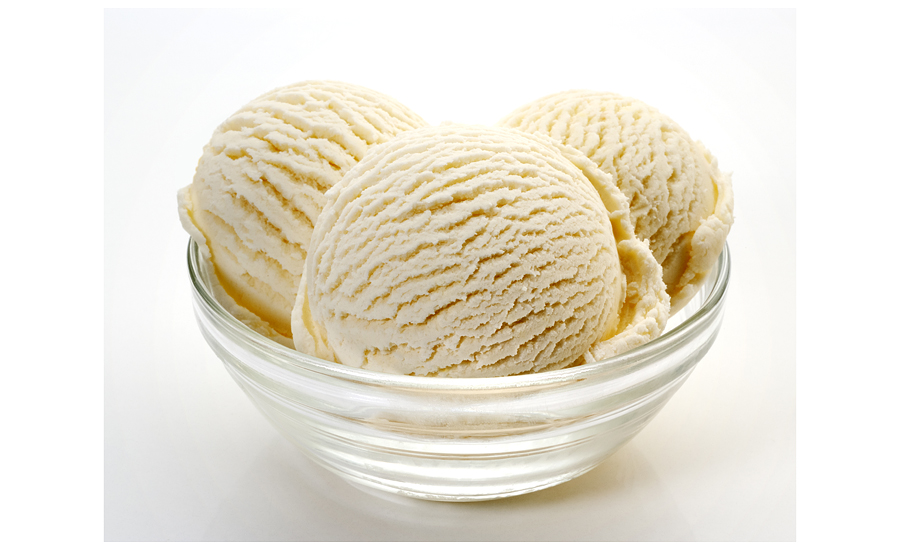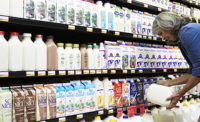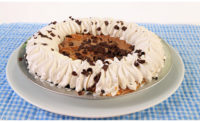Study: U.S. consumers find parity between grocers' private label frozen desserts, national brand counterparts
Sales of private label frozen desserts have grown steadily over the last couple of decades.

Ice cream is among the largest supermarket food categories, one of only 10 with double-digit billion dollar sales, according to “Ice Cream and Frozen Desserts in the U.S., 9th Edition,” a study produced by market research publisher Packaged Facts, Rockville, Md.
Sales of private label frozen desserts have grown steadily over the last couple of decades. In fact, store brand/private label products account for nearly 20% of all frozen dessert sales, with packaged and novelties combined, and as much as half the sales in the sherbet/sorbet/water ice category, the study says.
The starting point was the explosion in quality among branded frozen desserts marked by the expansion of super-premium ice cream sales and a burst of activity in the premium category. Economy and regular ice creams lost ground as consumers, once they had a taste of the "good stuff," had a hard time accepting anything else. As a result, private label frozen desserts, which accounted for a lot of the low-end activity, were being squeezed out of the market. Viewing the success of premium products, retailers opted to get on the bandwagon and the improvement of private label frozen desserts was underway.
Frozen desserts weren't the only food category in which this trend was taking place. Across the board, private label products were being upgraded as consumers shifted from a purely lowest price approach to shopping to a price/value approach, which weighed significantly in the acceptance of the new, upgraded private label products. Also becoming a factor in private label sales increases for frozen desserts and other foods was the expansion of upscale, specialty and natural food retail chains such as Whole Foods and Trader Joe's, which actively promote their store brands as top quality offerings as good as any branded products.
Looking ahead there are good reasons to believe that private label ice creams and other frozen desserts will continue to gain market share. Retailers are expanding their offerings with more organic and natural products as well as jumping on the clean label bandwagon with products positioned for their absence of artificial ingredients, and, they are continuing to match the branded products in terms of popular flavor trends as they emerge.
“Ice Cream and Frozen Desserts in the U.S., 9th Edition” covers the efforts of marketers that range from global food giants to the newest start-ups. In doing so, the report covers topics such topics as how marketers are responding to evolving consumer likes and dislikes, health concerns, foodservice consumption patterns, marketing and promotional activities and other areas relevant to this food category.
Looking for a reprint of this article?
From high-res PDFs to custom plaques, order your copy today!





